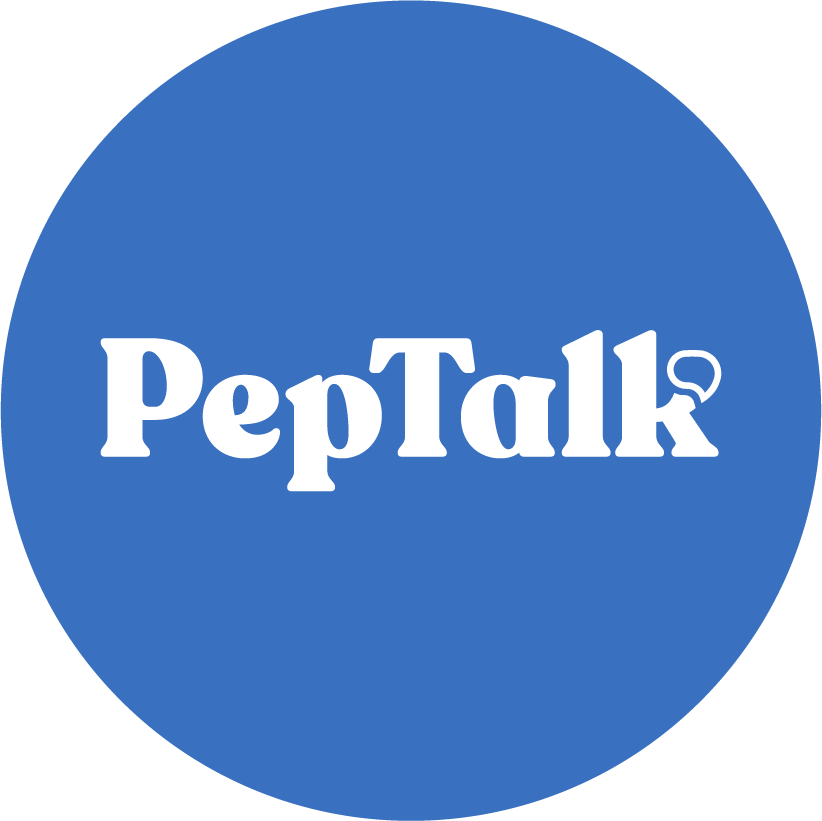
This PepTalk article is written by expert speaker Steph Peltier, a science of happiness expert, on a mission to help people reprogram their brains for more resilience, confidence and clarity. We hope you enjoy her tips on reduxing loneliness and increasing your happiness through human connection.
Humans need connection
Humans are social animals; we need social connections and communities to remain safe and healthy. It is no surprise the rate of anxiety and depression has been on the rise since COVID-19; we have lost at least half of our social connections. In a world with a new paradigm for work, play and consumption, we must find ways to boost our social fitness to elevate our mental and physical health.
When you ask people what is the most important for their health, they automatically say “nutrition, sleep, exercise”. But above all else is the quality and quantity of your relationships. Quality is essential because all relationships are not nourishing; some can be energising or depleting, soothing or stressful. But the point that is often overlooked is that we need quantity, lots of connections, even ones that are not deeply meaningful to us, for our system to feel safe.
Let me explain: our connections with others throughout the evolution of the human species allowed us to survive and thrive. Very quickly, from the Neanderthal age, we have learned to gather in small groups and tribes to ensure our survival, and our entire system - our brain and nervous system - has evolved over millions of years to motivate and reward us to create these connections.
Look at Game of Thrones, for example. Apart from death, the most significant punishment you could get was banishment. Living outside of your group meant being alone in a hostile environment, and your chances of survival were pretty small. In other words, we are wired to connect a lot, and when we lack connection or feel alone, the brain takes it as a threat. We get stuck in a low-level fight-or-flight mode, and our system is flooded with chemicals that weaken our immune system, increase inflammation, break down our health, and damage our emotional well-being. Loneliness increases our risk of physical death in comparison to smoking or obesity.
So, in a world where we work from home, do our shopping online, and order food to be delivered, we are depriving ourselves of hundreds of human interactions each week. Here are three tips to boost your social fitness.
Get out of the house
I get it; working from home is super convenient. We save time and money, not commuting, but at what cost? On WFH days, you must get out of your house to meet the criteria of quantity. Go get a coffee in your local deli, shop local, and walk with a friend at lunchtime. Make sure your system registers that you see and speak to people. Oh, and by the way, your brain does not register yet that when you talk to someone on Zoom, you are interacting with a human (that might take a few hundred or one thousand years).

Speak to a stranger everyday
When you do go out of your house, speak to strangers. Speak about the weather, give compliments, comment about their shoes, their dog. You’ll be surprised at how humans can be lovely. A simple 30-second interaction with a complete stranger you will never meet again can have a lasting positive impact on your system.
Put your phone down
60% of college students report being very lonely most of the time - that didn't exist 30 years ago. If you go into a university lunch hall today, you can hear a mosquito fly; everyone is on their phone or laptop. The easiest thing to do is to flip on your headphones and not talk to someone, but that means you are missing out on these little moments of joy talking with someone.
"We are sleepwalking into significant problems."
These devices that we use to connect are leading us to not connect in real life. We must be much more intentional in how we use technology and schedule walks with people, dinners out, and in-person meetings. Connecting more is the fastest way to improve your physical and mental health! Relationships are front and centre to what it means to live a happy and long life.

Steph Peltier is a science of happiness expert, on a mission to help people reprogram their brains for more resilience, confidence and clarity. Her highly practical and scientific tools give rapid results. If you’d like to book a PepTalk for your team from Steph, email us at hello@getapeptalk.com or send us a message via the chat. You can also call us on+44 (0)2038352929.













